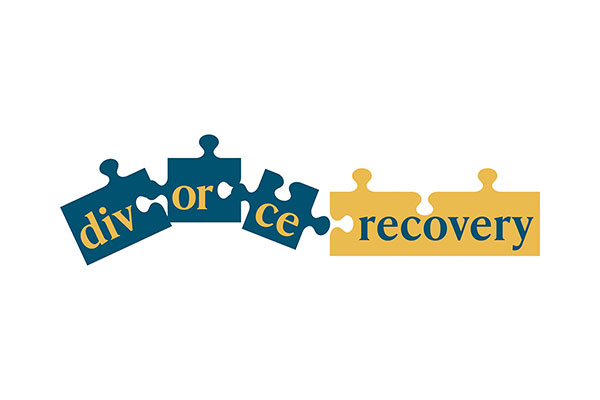With economists predicting a recession in 2023, it’s completely normal to experience a negative emotional response related to recession anxiety.
Taking breaks from news consumption and social media, talking with friends and family, and taking recession anxiety treatment are some ways people cope with a strained mental outlook. Below are five ways to cope with the financial stress and other mental health effects of the recession.
Stay Informed
Uncertainty is one of the leading causes of anxiety. As such, a great way of keeping anxiety at bay is by keeping yourself updated on the latest economic news and developments during difficult times.
You can do this by reading and following reputable news sources, listening to credible financial experts, and keeping an eye on the stock market.
Control Your Finances
Another way to keep recession anxiety at bay is to gain control of your finances. Create a budget that prioritizes your expenses, and stick to it.
When budgeting, first, assess your current financial situation. Identify areas where you can cut back on spending, such as dining out or subscriptions you don’t use.
Then, you want to prioritize your expenses, such as housing, food, and transportation. If you have debt, especially high-interest debt, try to pay it off as quickly as possible.
Additionally, you should budget for unexpected expenses, even if it’s just a small amount each month, to give you some peace of mind.
Increase Your Savings
When gaining control of your finances, budgeting can only do so much. You should also save as much as you can, even if it’s just a small amount each month. This can provide a sense of security and peace of mind.
From your budget, create a reasonable savings goal and automate transfers from your checking account to your savings account each month. This will help ensure that you’re consistently adding to your savings.
Also, consider putting your savings in a high-yield savings account to help your savings grow faster.
And if your budget doesn’t allow for savings, look for additional streams of income.
Plan and Prepare
Things don’t always go the way we want them. Hence, making a financial plan and preparing for when things turn sour is a great way of ensuring you retain control of the situation.
A great way of preparing for job loss is by preparing an emergency fund. Financial experts recommend having three to six months’ worth of living expenses set aside in case of job loss or other unexpected expenses.
Another way is to diversify your investments in order to reduce your risk in case of a recession. You can include a mix of stocks, bonds, and cash in your investment portfolio.
And with the possibility of job loss, it’s great to build up your skills and network to make yourself more marketable.
Last but not least, keep things in perspective. Remember that economic downturns are a normal part of the economic cycle, and they eventually come to an end.
Seek Professional Help
If you are struggling financially, reach out to government assistance or non-profit organizations that can help you. And if possible, speak to financial advisors or financial planners who can help you make wise financial decisions.
Meanwhile, if you’re feeling anxious during these tough times, consider talking to a friend, family member, or mental health professional. If you find yourself suffering from the mental health effects of these tough economic times, consider seeking recession anxiety treatment from Keil Psych Group.At Keil Psych Group, we provide personal, involved, and active therapy to everyone who needs support dealing with the financial anxiety brought about by economic recessions. Contact us at (714) 334-5497 to set up an appointment today!





